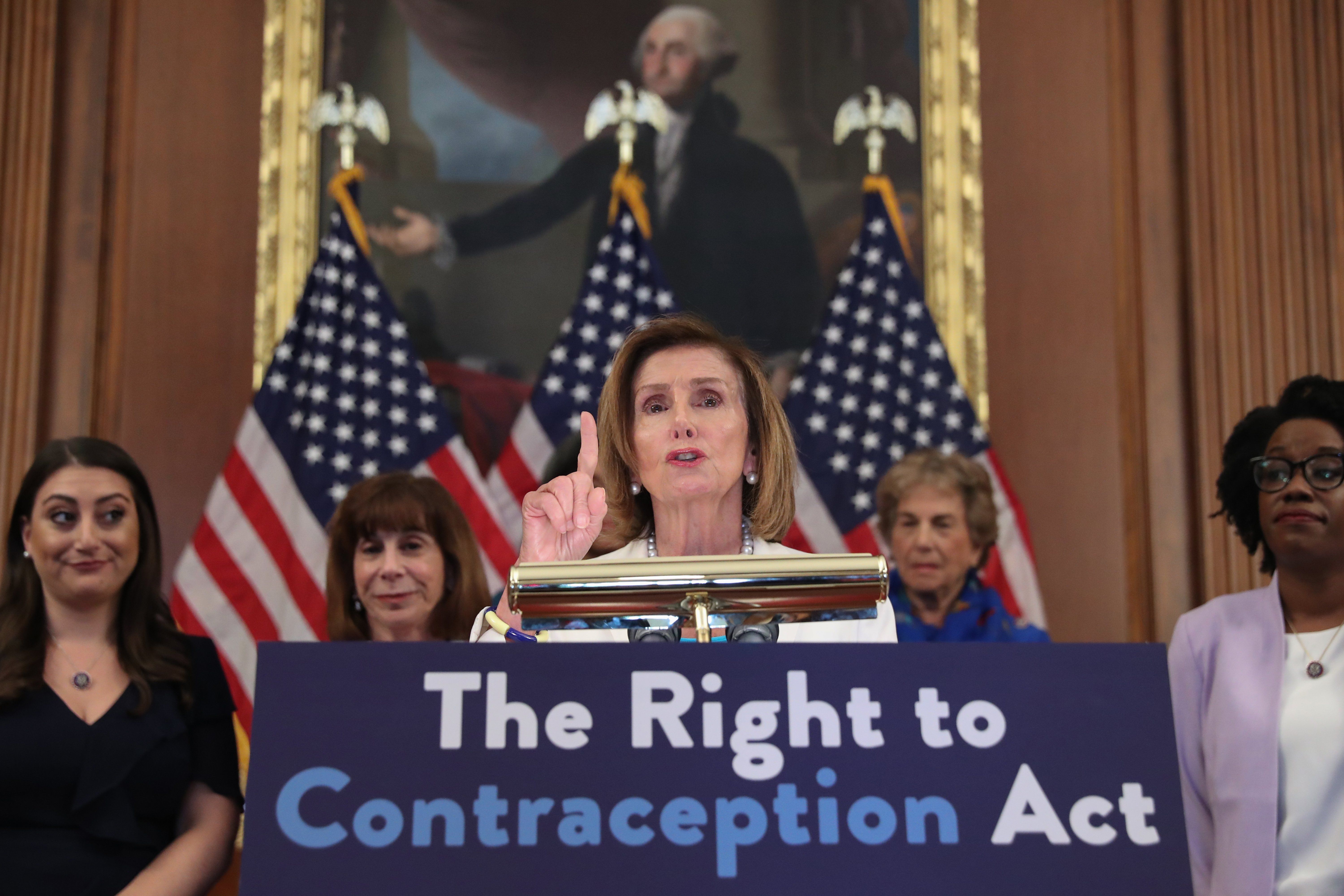Hard Numbers: Win for birth control, K-Rice for Africa, sanctions for both Sudanese sides, more geopolitical drama for Barbie
93: US regulators approved the first birth control pill that can be purchased without a prescription, dramatically expanding people’s access to contraception in the post-Roe era. The pill is 93 percent effective and will particularly benefit younger women, who often struggle with the time and costs of obtaining a prescription.
30 million: South Korea is launching K-Rice, an initiative that will provide small farmers in Africa with resilient rice varieties able to withstand harsh climate conditions. Next year’s crop is expected to feed some 30 million people. If you saw yesterday’s grim Hard Number about global hunger, you know this is a big deal.
9: The geopolitical drama surrounding Barbie continues. The Philippines says it will allow the film to be shown, provided that it blurs a controversial cartoon map that portrays China’s infamous 9-dash line – a claim of vast parts of the South China Sea that Beijing’s neighbors all reject.
6: The UK has sanctioned six companies associated with the warring parties in Sudan’s civil conflict – the Sudanese armed forces on one side, and the paramilitary Rapid Support forces on the other. The move shows that, as far as the UK is concerned, there are no good guys in this fight, as both sides are committing atrocities.
